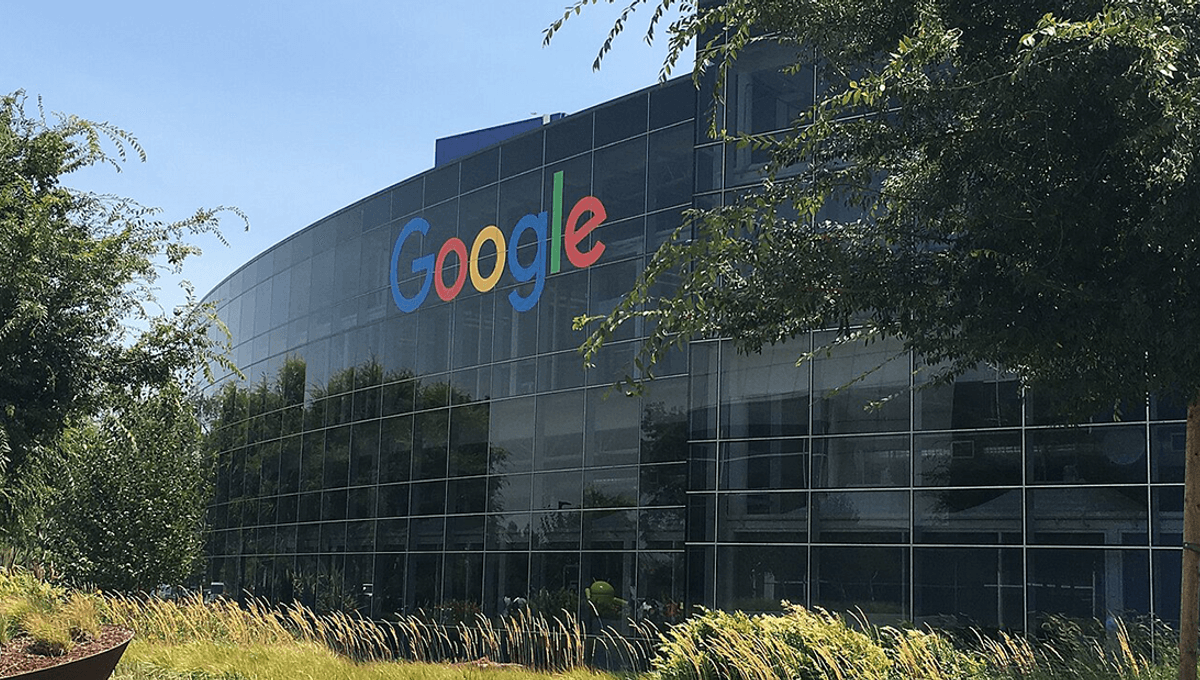
Google, perhaps feeling it has been left behind in the artificial intelligence (AI) arena, has made a number of updates in the last year in attempt to compete with smaller firms like OpenAI.
The latest move has been a rollout of “AI overviews” to topics you are searching for. Instead of the usual list of websites, users – starting in the US – may see an AI overview of the topic at the top of their search results, summarizing the topic.
The move is not without controversy. Not because of fears of rogue AIs or other speculation about artificial general intelligence (AGI) etc, but for similar reasons that creatives have protested against large language models and image generating AIs, which have been trained on human work.
Previously when you googled something (should you shower in the morning or evening, for example) you would be met with a list of algorithmically selected web pages, which you would then click on to learn more. These articles have (generally) been written by humans, and clicking on them and reading the content allows these humans to make money for their work (e.g. through advertising revenue or subscription models), as well as be credited for it. Now you may be met with an AI summary (with all the hallucinations and errors they still produce) made through training on other people’s work.
“AI Overviews show links to resources that support the information in the snapshot, and explore the topic further. This allows people to dig deeper and discover a diverse range of content from publishers, creators, retailers, businesses, and more, and use the information they find to advance their tasks,” Google explains of the update. “Google’s systems automatically determine which links appear.”
The AI will present you with a link, but there are concerns that people will simply read the overview and leave, cutting off a vital revenue stream for people and companies writing about these topics. Though we’re certain tech bros will celebrate that, AI models rely on having human-created text for training. Feed them too much AI-generated content to learn from, and the whole model could collapse.
“Our primary conclusion across all scenarios is that without enough fresh real data in each generation of an autophagous loop, future generative models are doomed to have their quality (precision) or diversity (recall) progressively decrease,” one team looking into such a scenario wrote in a yet-to-be-reviewed paper posted to preprint server arXiv. “We term this condition Model Autophagy Disorder (MAD), making analogy to mad cow disease.”
From a user perspective, all you may be interested in is getting useful information. But AI models are not quite up to the task, still regularly hallucinating. Users have reported finding these errors with Google’s AI overview, including the AI assuming an iconic quote from literary classic Of Mice and Men was from an episode of zombie TV show The Walking Dead, claiming that fish lay their eggs at temperatures which would cook them, and suggesting that fish suck pacifiers that fall into their aquarium as practice for breastfeeding.
Unfortunately for any Google users who are not fans, there is currently no way to turn off the AI assistant. However, you can select the “web” tab (sometimes hidden under “more” on the options) if you only want to see results from humans, who are hopefully a little more aware of the fact that fish are not huge breastfeeders. The function is currently being rolled out in the US, with plans for further rollouts to the rest of the world in the coming months.
Source Link: Why Your Google Search Is About To Look Very Different (And Probably Worse)